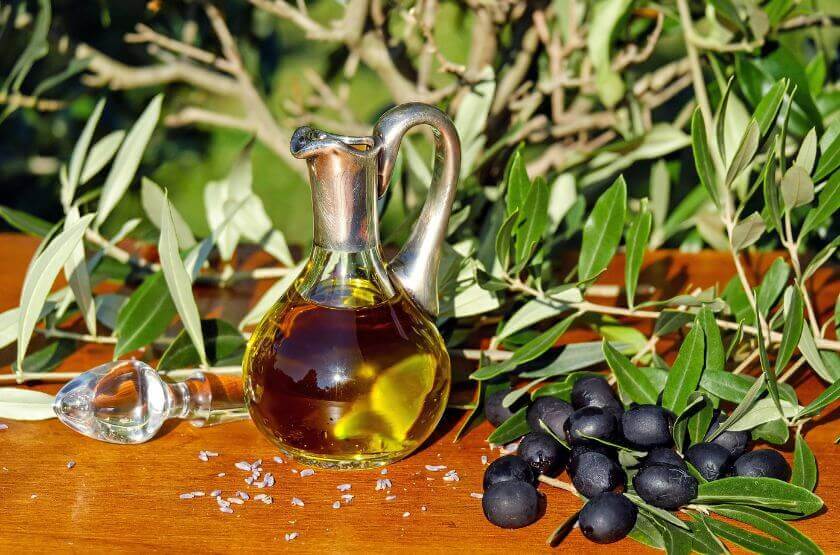 Extra-virgin: The highest quality olive oil has no chemical additives or heat treatment. Because it’s unrefined, extra-virgin olive oil will retain its flavor and quality for years to come. While quality varies within this category, extra-virgin olive oil offers the highest level of purity. For those who don’t want to risk wasting money on inferior quality oil, extra-virgin is the way to go.
Extra-virgin: The highest quality olive oil has no chemical additives or heat treatment. Because it’s unrefined, extra-virgin olive oil will retain its flavor and quality for years to come. While quality varies within this category, extra-virgin olive oil offers the highest level of purity. For those who don’t want to risk wasting money on inferior quality oil, extra-virgin is the way to go. Look for a seal of approval from the California Olive Oil Council. This seal will show that a company’s olive oil has been tested and is COOC-certified. COOC-certified olive oil is the highest quality and has the lowest impurities, so it’s worth checking out. But don’t be fooled by the seal. Some olive oils are made by small producers that cannot afford the certification.
While the color of olive oil can be a useful guide in determining its quality, don’t be tempted to choose a brightly colored bottle just because it’s the most expensive. Unlike other foods, olive oil loses its freshness when exposed to light, so a dark bottle is the best choice. However, there are several things to consider before buying olive oil.
Look for high polyphenol levels. These compounds make olive oil delicious. Olive oil with more polyphenols will have more flavor and bite. While there’s no universal label for polyphenols, some brands will indicate content on their label. The more polyphenols a product has, the higher quality.
When choosing olive oil consider the use. You can use it for everyday cooking, or you can rub it over meat or finish a dish with it. It’s also great for making salad dressings or dipping bread in it. Some bottles are designed to do both, but their prices will vary. Choose one that’s versatile enough to do all three. You won’t regret it! So get your shopping on!


